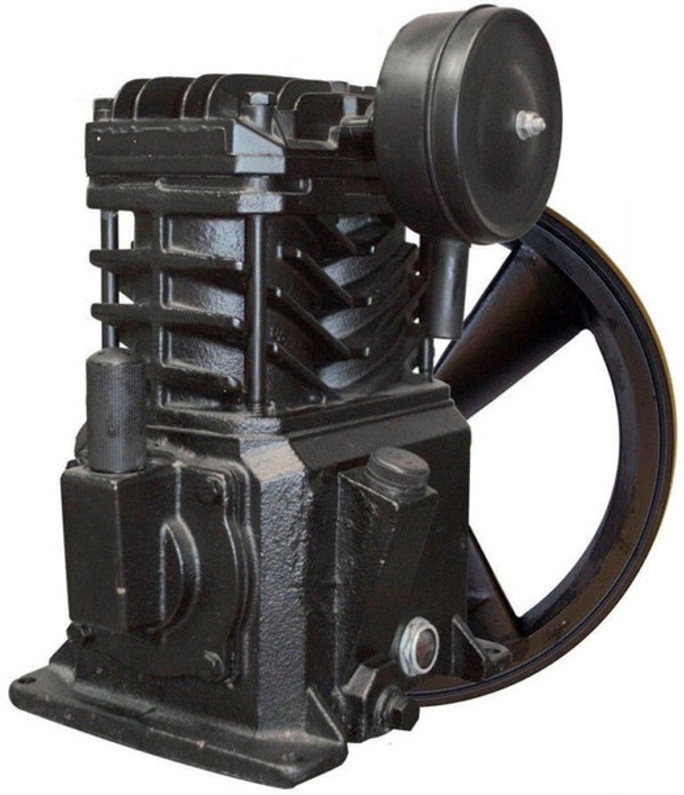Are Air Compressor Pumps Interchangeable?
Air compressors are versatile tools that are commonly used in various industries and for different applications. They are used to power pneumatic tools, inflate tires, spray paint, and much more. One question that often arises among users is whether air compressor pumps are interchangeable. Can you swap out one pump for another? In this article, we will debunk the myth and provide you with a clear understanding of whether air compressor pumps are indeed interchangeable or not.
Understanding Air Compressor Pumps
An air compressor pump is the heart of the air compressor. It is responsible for compressing the air and delivering it to the tool or application in the required pressure and volume. Air compressor pumps come in different types, including reciprocating, rotary screw, and centrifugal, each with its own design and functionality.
Reciprocating air compressor pumps use a piston and cylinder arrangement to compress air. They are commonly used in smaller air compressors and are known for their durability and long service life. Rotary screw air compressor pumps use two meshing helical screws to compress air. They are known for their high efficiency and continuous operation. Centrifugal air compressor pumps use a rotating impeller to compress air and are commonly used in large-scale industrial applications.
Are Air Compressor Pumps Interchangeable?
The short answer is no, air compressor pumps are not interchangeable. Each type of air compressor pump has its own unique design, specifications, and performance characteristics. Swapping out one type of pump for another without proper consideration can result in poor performance, reduced efficiency, and even damage to the air compressor or the tools being powered. This isn’t to say it can’t be done, but caution must be used as modifications would almost certainly be necessary, such as new holes being drilled in the baseplate, a new discharge tube from the pump to the tank, a different size motor pulley and belt (which will affect the running RPM of the pump), and other possible modifications.
For example, reciprocating air compressor pumps have specific clearance tolerances and piston ring designs that are optimized for their operation. Swapping out a reciprocating pump with a different type of pump, such as a rotary screw or centrifugal pump, can result in improper clearance, reduced compression efficiency, and potential damage to the piston rings and cylinder walls.
Similarly, rotary screw and centrifugal air compressor pumps have their own unique characteristics. Rotary screw pumps require specific tolerances and clearance between the helical screws for proper operation. Centrifugal pumps require precise alignment of the impeller and diffuser for efficient air compression. Swapping out these pumps with a different type of pump can result in poor performance, reduced efficiency, and potential damage to the pump components.
It is also critical to know whether your pump is eclectic, gas, oil-free, oil-lubricated, stationary, or portable, as each type requires specific parts and maintenance.
4 Considerations for Replacing Air Compressor Pumps:
If you are considering replacing an air compressor pump, it is crucial to consult the manufacturer's specifications and guidelines. Here are four key considerations to keep in mind:
- Type and Model: Ensure that the replacement pump is of the same type and model as the original pump. Do not attempt to swap out a reciprocating pump with a rotary screw or centrifugal pump, or vice versa, as they are not interchangeable.
- Specifications: Check the specifications of the replacement pump, including horsepower, pressure rating, flow rate, and voltage, to ensure that they match the requirements of your air compressor system.
- Fit and Compatibility: Consider the physical fit and compatibility of the replacement pump with your air compressor system. Check for any modifications or adaptations required to fit the replacement pump properly.
- OEM vs. Aftermarket: Consider whether to use an original equipment manufacturer (OEM) pump or an aftermarket pump. OEM pumps are specifically designed and tested for compatibility with your air compressor system, while aftermarket pumps may not meet the same level of quality and performance standards.
Recent Posts
-
How to Properly Install a Pulley with a Bushing on Your Air Compressor Motor
Installing a motor or engine pulley may seem simple, but getting it right—especially when it i …Apr 24, 2025 -
Keep Your Air Compressor Steady – Don’t Skip This Simple Upgrade
No More Sliding, Shaking, or Skipping Around If you've ever had your air compressor "walk" acro …Apr 17, 2025 -
The Must-Have 16-Piece Air Tool Accessory Kit for Every Air Compressor Owner
Whether you're a seasoned DIYer, a weekend car warrior, or just someone who owns an air compres …Apr 9, 2025




